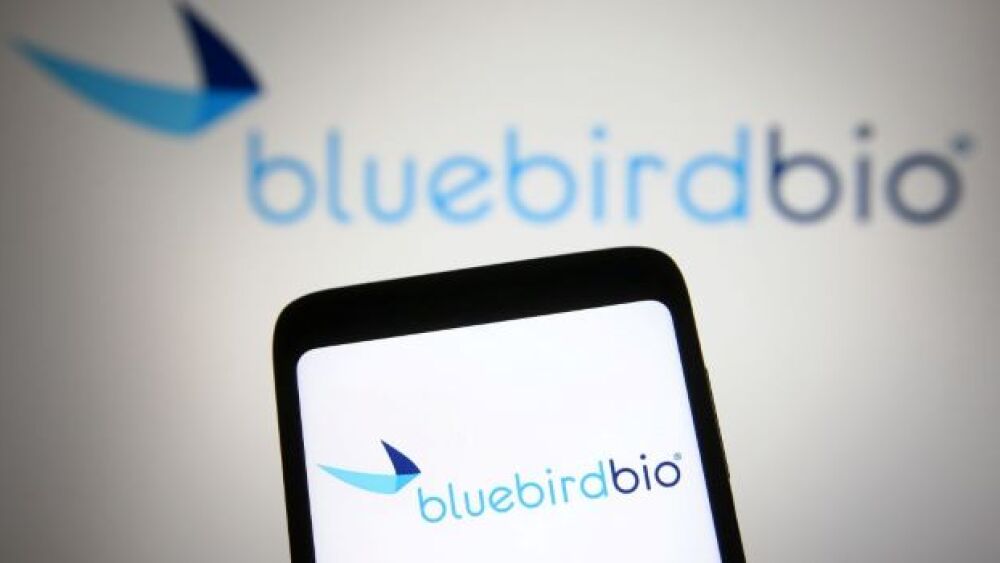Despite pricing concerns for bluebird bio’s FDA-approved sickle cell disease gene therapy, the biotech has inked a deal with an unnamed commercial payer “representing approximately 100 million covered lives” in the U.S.
Courtesy of Pavlo Gonchar/SOPA Images/LightRocket via Getty Image
Faced with price headwinds for its new FDA-approved sickle cell disease gene therapy Lyfgenia, bluebird bio has signed an “outcomes-based” agreement with an unnamed commercial payer representing an estimated 100 million covered patients in the U.S., according to an SEC document filed on Thursday.
The SEC filing also noted that bluebird is in “advanced discussions” with other “large commercial payers” and over 15 Medicaid agencies that represent 80% of people with sickle cell disease in the U.S.
The news of the deal took bluebird bio’s stock price into positive territory, which rose over 10% Thursday. However, the biotech’s stock has been taking a beating since last week’s FDA approval when the company announced pricing for Lyfgenia.
Last week, upon FDA approval for the treatment, the Massachusetts-based biotech revealed that it has set the wholesale acquisition cost of Lyfgenia in the U.S. at $3.1 million due to “recognition of the value the therapy may deliver through robust and sustained clinical benefits and the estimated lifetime impact.”
However, on the same day as Lyfgenia’s approval, the FDA approved Vertex Pharmaceuticals and CRISPR Therapeutics’ sickle cell gene therapy Casgevy. Using CRISPR technology, Casgevy comes in at a much cheaper price of $2.2 million compared to Lyfgenia’s $3.1 million price tag.
Making matters worse for bluebird is the fact that Lyfgenia has a black box warning, while Casgevy does not. Lyfgenia’s warning label is related to instances of hematologic malignancies, or blood cancer, appearing in patients who had been treated with the drug. Bluebird has also failed to secure a priority review voucher from the FDA, which it had planned to sell to Novartis for $103 million.
Follow-up data that bluebird has posted shows that 94% of patients taking the treatment had achieved complete resolution of severe vaso-occlusive events.
On the same day as Lyfgenia’s approval, the agency approved Vertex and CRISPR’s sickle cell treatment, Casgevy. Using CRISPR technology, Casgevy has also been heralded as a potential cure for sickle cell disease and comes in at a much cheaper price of $2.2 million compared to Lyfgenia’s $3.1 million price tag.
The biotech said in Thursday’s SEC filing that it is planning for 85 to 105 patient starts—or cell collections—across all three of its products next year including Lyfgenia, Skysona and Zynteglo.
Tyler Patchen is a staff writer at BioSpace. You can reach him at tyler.patchen@biospace.com. Follow him on LinkedIn.






